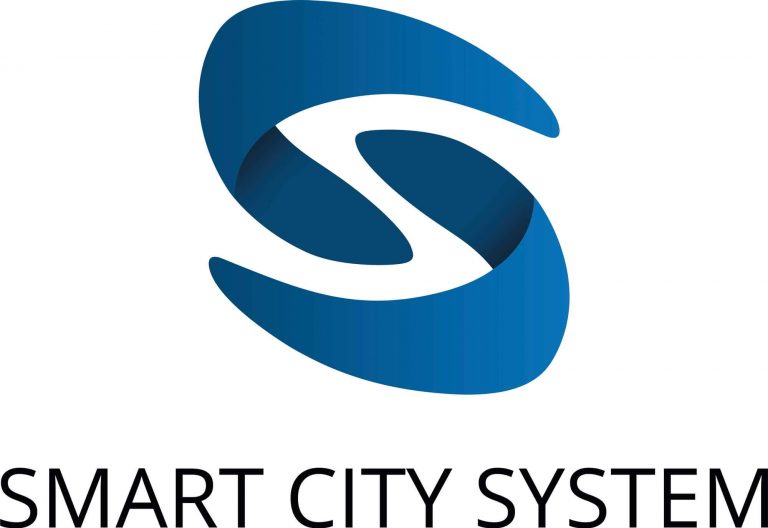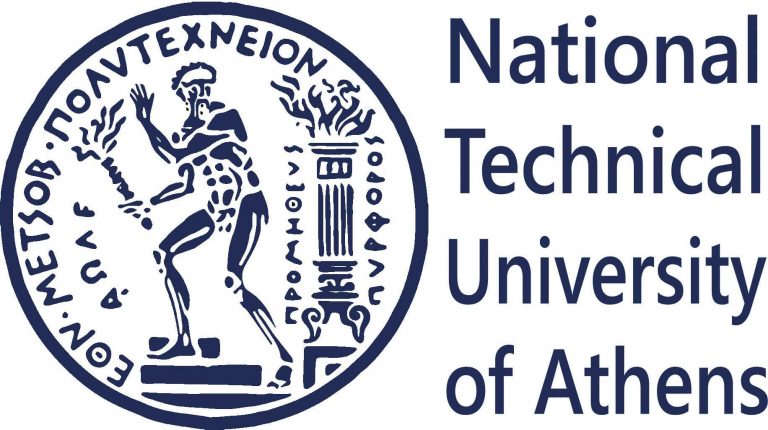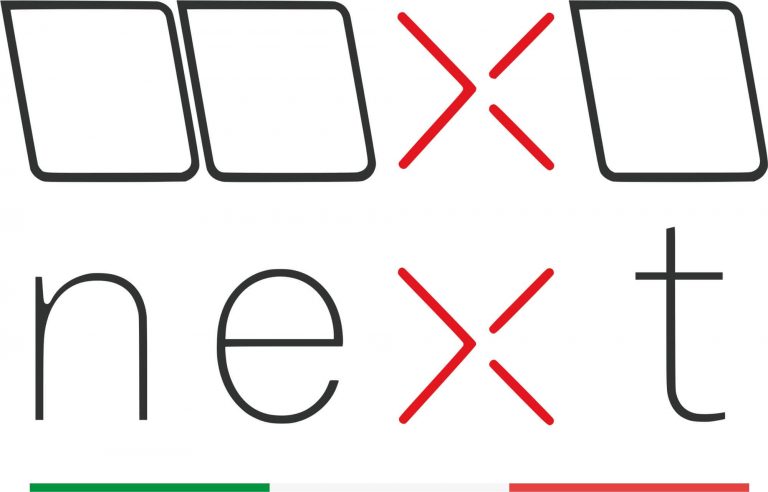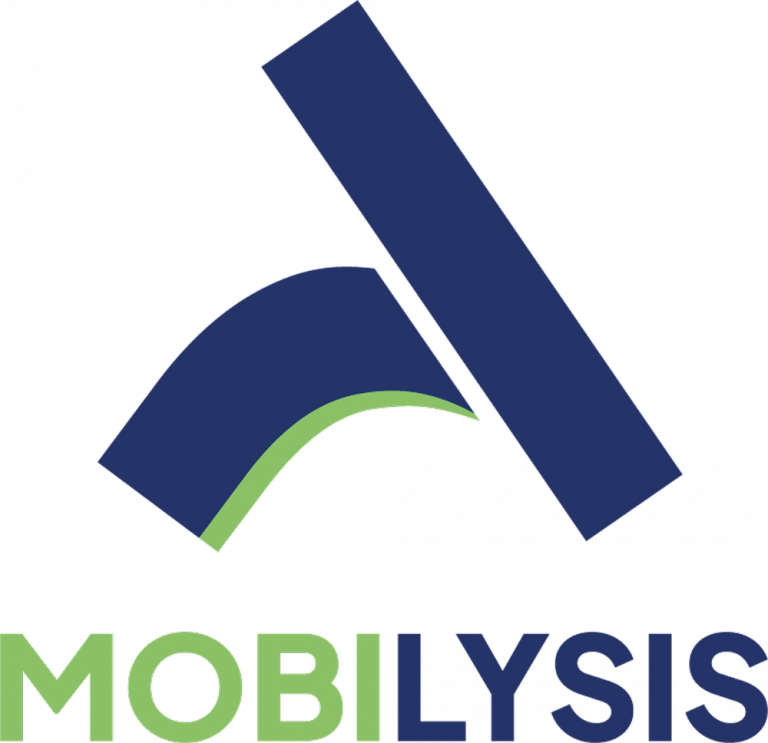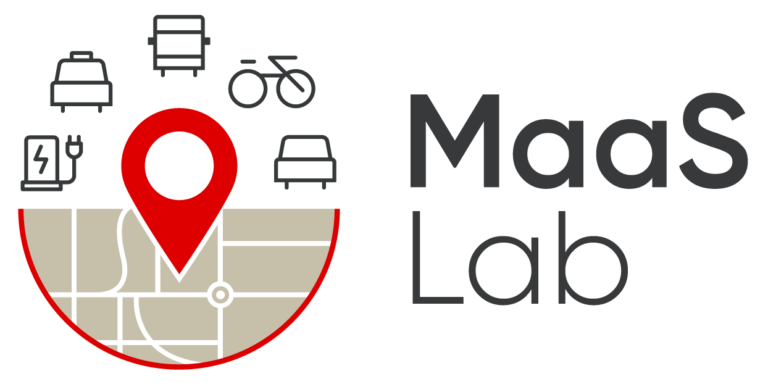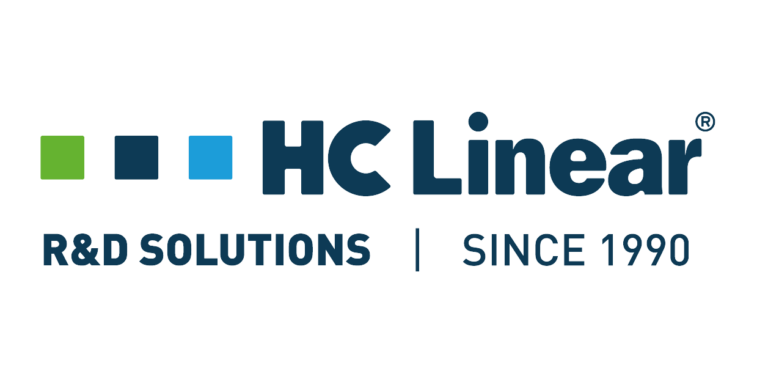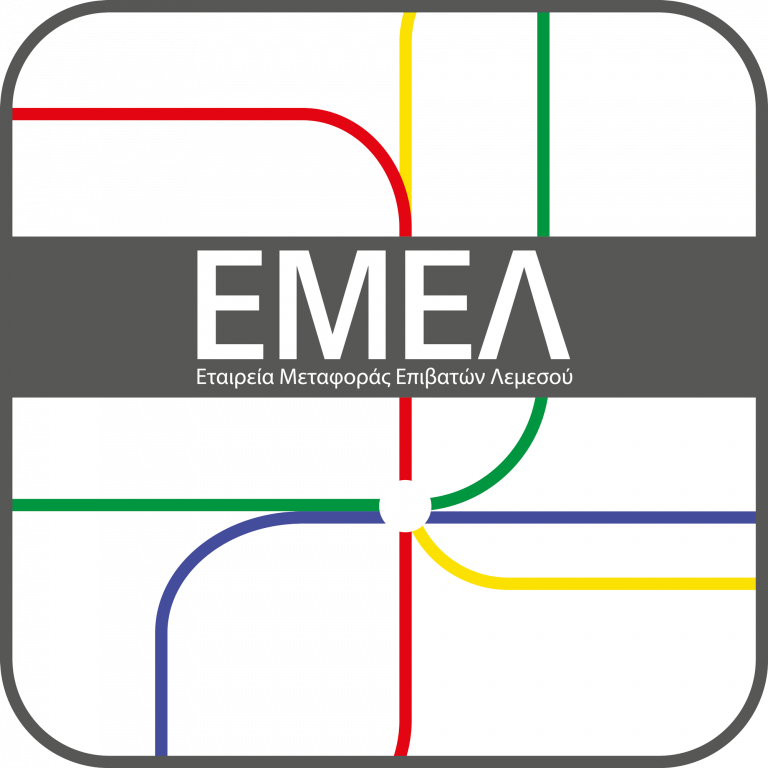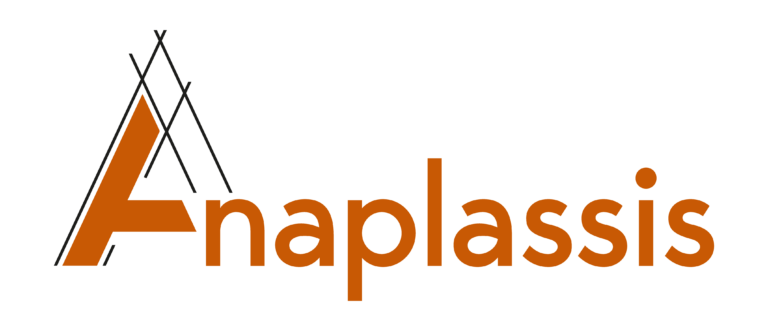Join the Future of Urban Mobility: Become a metaCCAZE Observer City!
Is your city ready to lead the change toward smarter, sustainable transport? metaCCAZE invites European cities to join our transformative journey as Observer Cities.
Are you Ready to Become Climate Neutral?
metaCCAZE is here to help your city achieve its climate-neutral goals with cutting-edge solutions in electric, automated, and connected mobility. Partnering with 44 organisations across 12 countries, we test groundbreaking technologies in cities like Amsterdam, Munich, Tampere and Limassol, aiming for net-zero transportation by 2030.

Why Become a metaCCAZE Observer City?
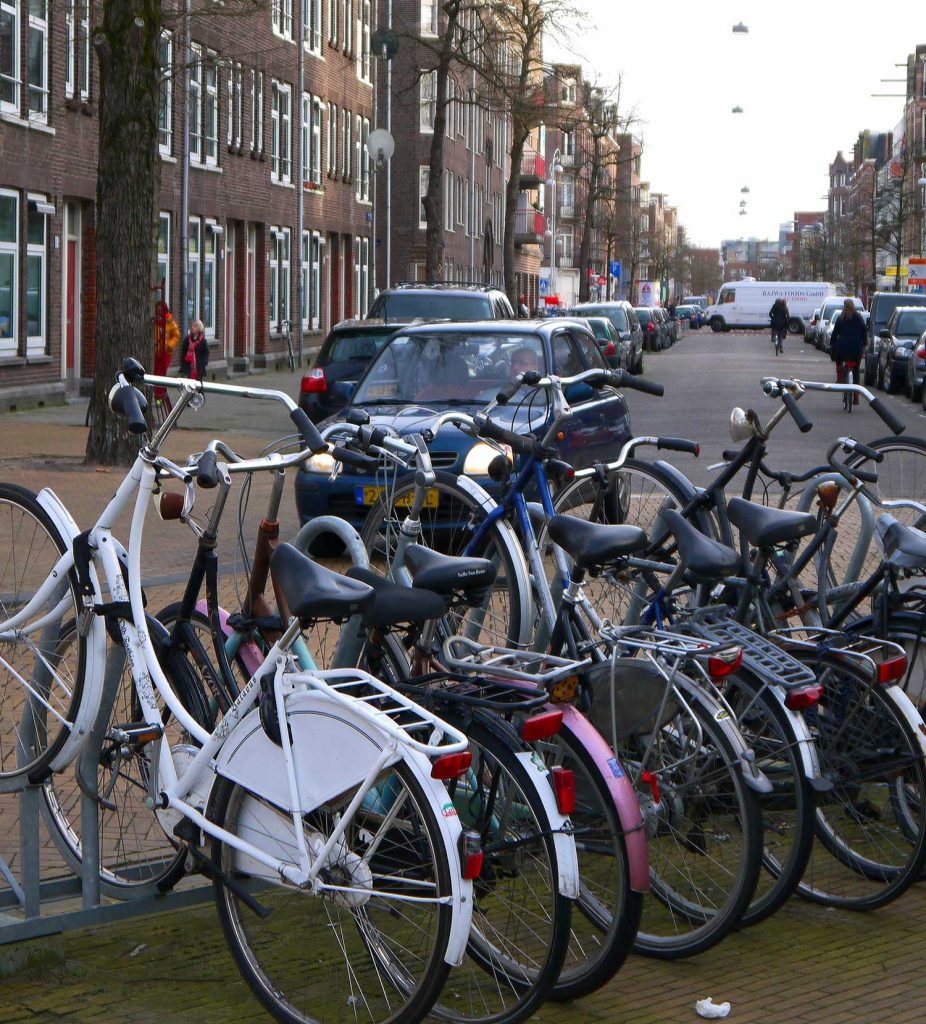
- By joining metaCCAZE, your city will:
- Gain First-Hand Access: Attend exclusive workshops, live demonstrations, and study visits. Explore innovations like AI-powered traffic management, autonomous vehicles, and smart logistics hubs.
- Develop Tailored Implementation Plans: Work with experts to craft tailored strategies, ensuring your city can deploy these cutting-edge solutions effectively.
- Collaborate & Learn: Engage with Trailblazer and Follower Cities, learning from real-world case studies and sharing insights to enhance your local mobility networks.
- Lead the Change: Position your city as a frontrunner in sustainable transport, amplifying impact and attracting future investments.
Ready to Transform Your City's Mobility?
We are currently reviewing the applications and will soon pick our ten Observer Cities. Stay tuned for more updates!
For more information, please read the Terms of References and contact: Martina Ferrara Snider (m.ferrara@mail.ertico.com).




